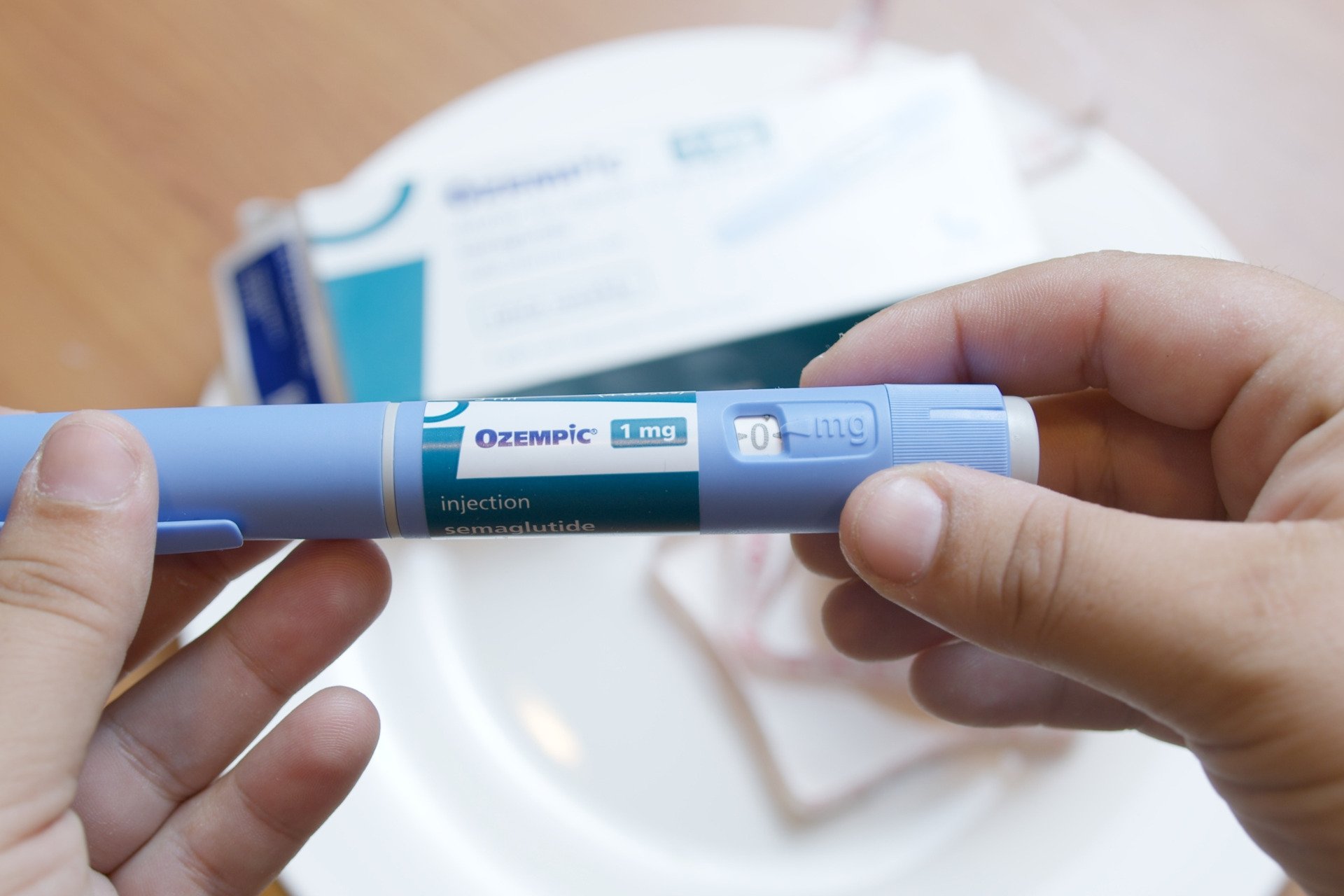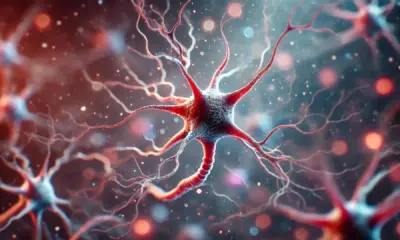Science
Study Reveals Ozempic’s Effectiveness Varies for Emotional Eaters

A recent study published in Frontiers in Clinical Diabetes and Healthcare highlights that the effectiveness of GLP-1 agonists, including Ozempic, may differ significantly among individuals based on their eating behaviors. Researchers in Japan observed 92 participants with type 2 diabetes during the first year of their treatment to understand why some patients do not experience the same benefits from these medications as others.
The study found that individuals who overeat due to external cues, such as the appearance or aroma of food, tend to have better long-term responses to GLP-1 agonists compared to those who engage in emotional eating. Senior author and professor of diabetes, endocrinology, and nutrition at Kyoto University, Daisuke Yabe, noted, “Pre-treatment assessment of eating behavior patterns may help predict who will benefit most from GLP-1 receptor agonist therapy.” He emphasized that while these drugs are effective for those whose weight gain stems from external stimuli, their impact is less certain for those whose overeating is linked to emotional factors.
To reach these conclusions, researchers collected data on participants’ body weight, diet, and health metrics, including blood glucose and cholesterol levels, at the start of treatment, three months in, and after one year. They focused on three categories of eating behavior: emotional eating, external eating, and restrained eating. Interestingly, the study indicated that excessive restrained eating could lead to disordered eating behaviors.
Over the course of a year, participants saw a statistically significant decrease in body weight, cholesterol levels, and body fat percentage, while maintaining skeletal muscle mass. Improvements in blood glucose levels were noted; however, these changes did not reach statistical significance.
At the three-month mark, participants reported increased restrained eating and a reduction in both external and emotional eating. By the end of the year, many returned to previous patterns of restrained and emotional eating. Takehiro Kato, the second author from Gifu University, suggested that emotional eating is heavily influenced by psychological factors that GLP-1 receptor agonist therapy does not directly address. “Individuals with prominent emotional eating tendencies may require additional behavioral or psychological support,” Kato explained.
Interestingly, while external eating behaviors decreased throughout the year, participants who initially reported high levels of external eating experienced the most significant improvements in blood glucose levels and weight loss. Conversely, the study did not find a clear connection between emotional or restrained eating at the outset and the benefits of the drug after 12 months.
Yabe clarified the implications of the findings: “While our study suggests a potential association between external eating behavior and treatment response to GLP-1 receptor agonists, these findings remain preliminary.” He noted that the observational nature of the study and reliance on self-reported data means the researchers identified an association rather than a direct cause-and-effect relationship.
The researchers call for further investigations, stating that larger-scale randomized controlled trials are necessary to validate these relationships. If such studies affirm their findings, integrating simple behavioral assessments into treatment plans could enhance the effectiveness of GLP-1 receptor agonist therapies in clinical practice.
-

 Technology4 months ago
Technology4 months agoDiscover the Top 10 Calorie Counting Apps of 2025
-

 Health2 months ago
Health2 months agoBella Hadid Shares Health Update After Treatment for Lyme Disease
-

 Health3 months ago
Health3 months agoErin Bates Shares Recovery Update Following Sepsis Complications
-

 Technology3 weeks ago
Technology3 weeks agoDiscover 2025’s Top GPUs for Exceptional 4K Gaming Performance
-

 Technology2 months ago
Technology2 months agoElectric Moto Influencer Surronster Arrested in Tijuana
-

 Technology4 months ago
Technology4 months agoDiscover How to Reverse Image Search Using ChatGPT Effortlessly
-

 Technology4 months ago
Technology4 months agoMeta Initiates $60B AI Data Center Expansion, Starting in Ohio
-

 Technology4 months ago
Technology4 months agoRecovering a Suspended TikTok Account: A Step-by-Step Guide
-

 Health4 months ago
Health4 months agoTested: Rab Firewall Mountain Jacket Survives Harsh Conditions
-

 Lifestyle4 months ago
Lifestyle4 months agoBelton Family Reunites After Daughter Survives Hill Country Floods
-

 Technology3 months ago
Technology3 months agoUncovering the Top Five Most Challenging Motorcycles to Ride
-

 Technology4 weeks ago
Technology4 weeks agoDiscover the Best Wireless Earbuds for Every Lifestyle





















